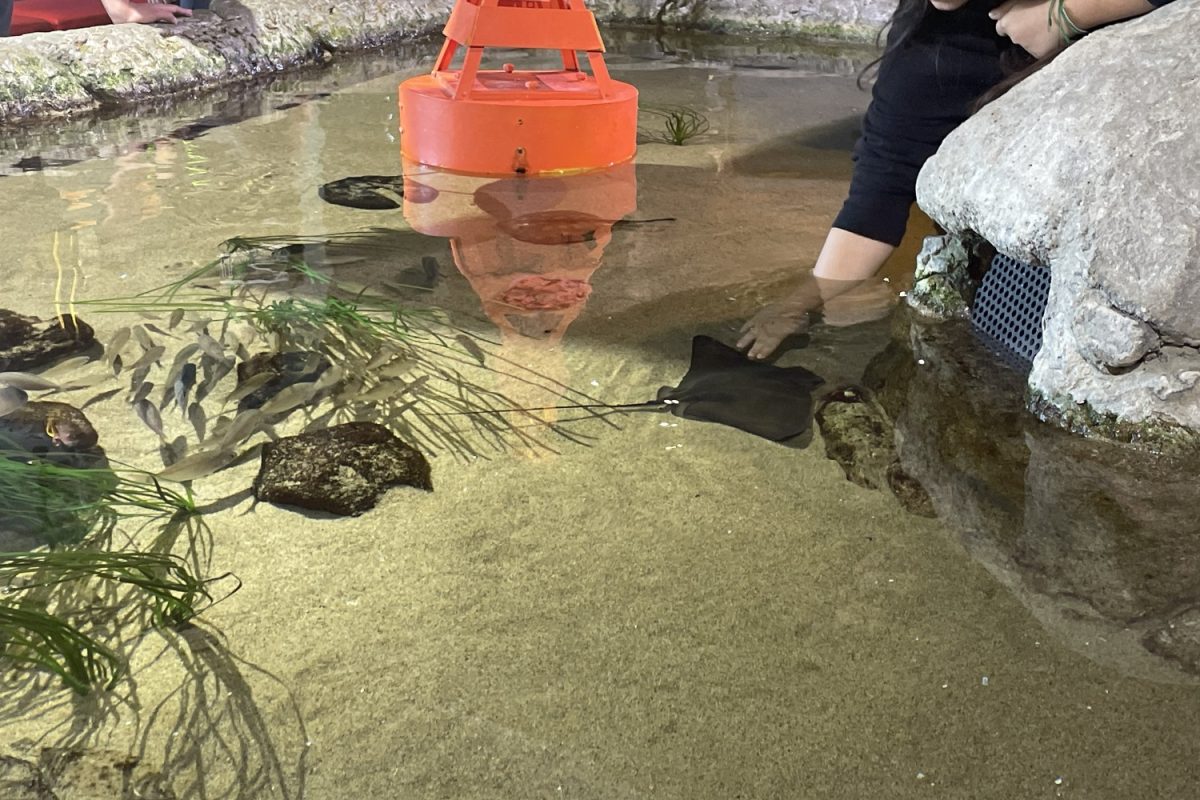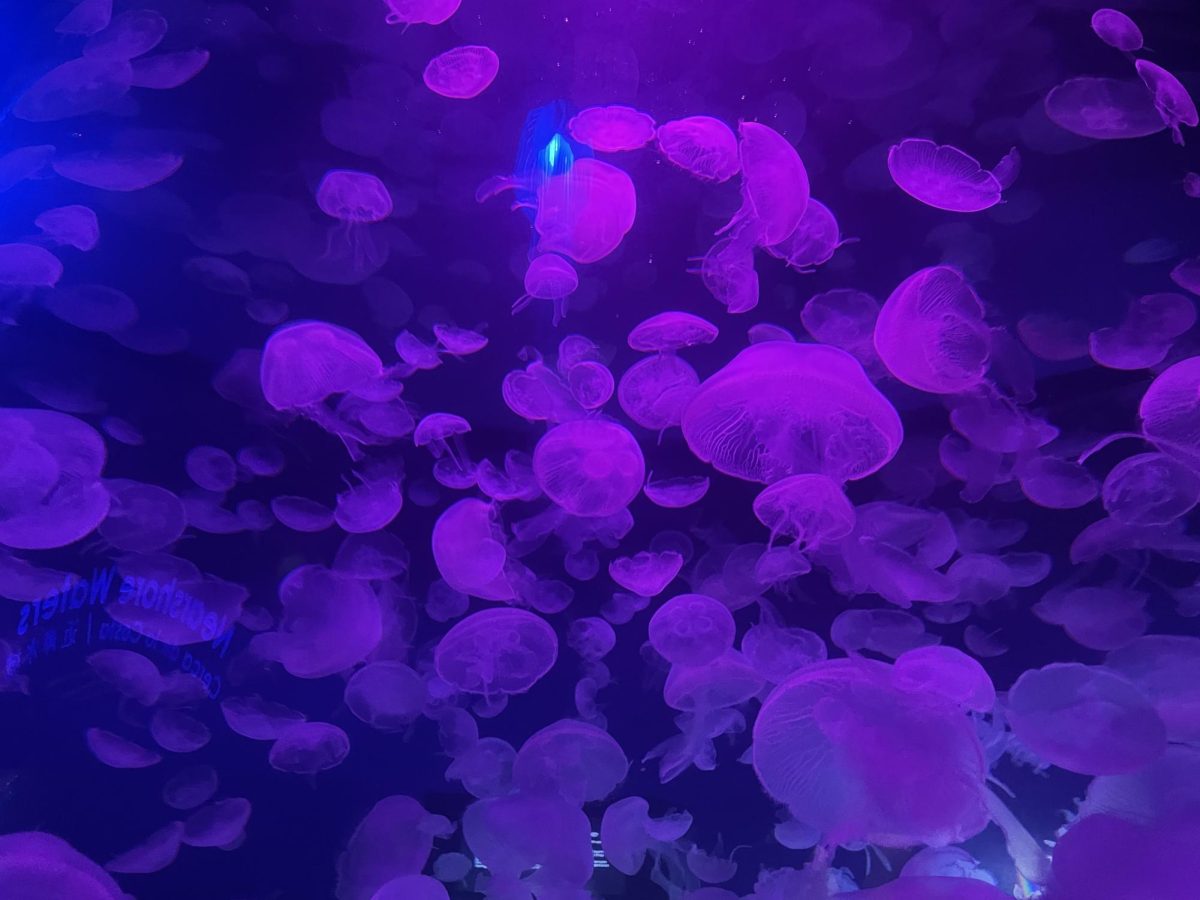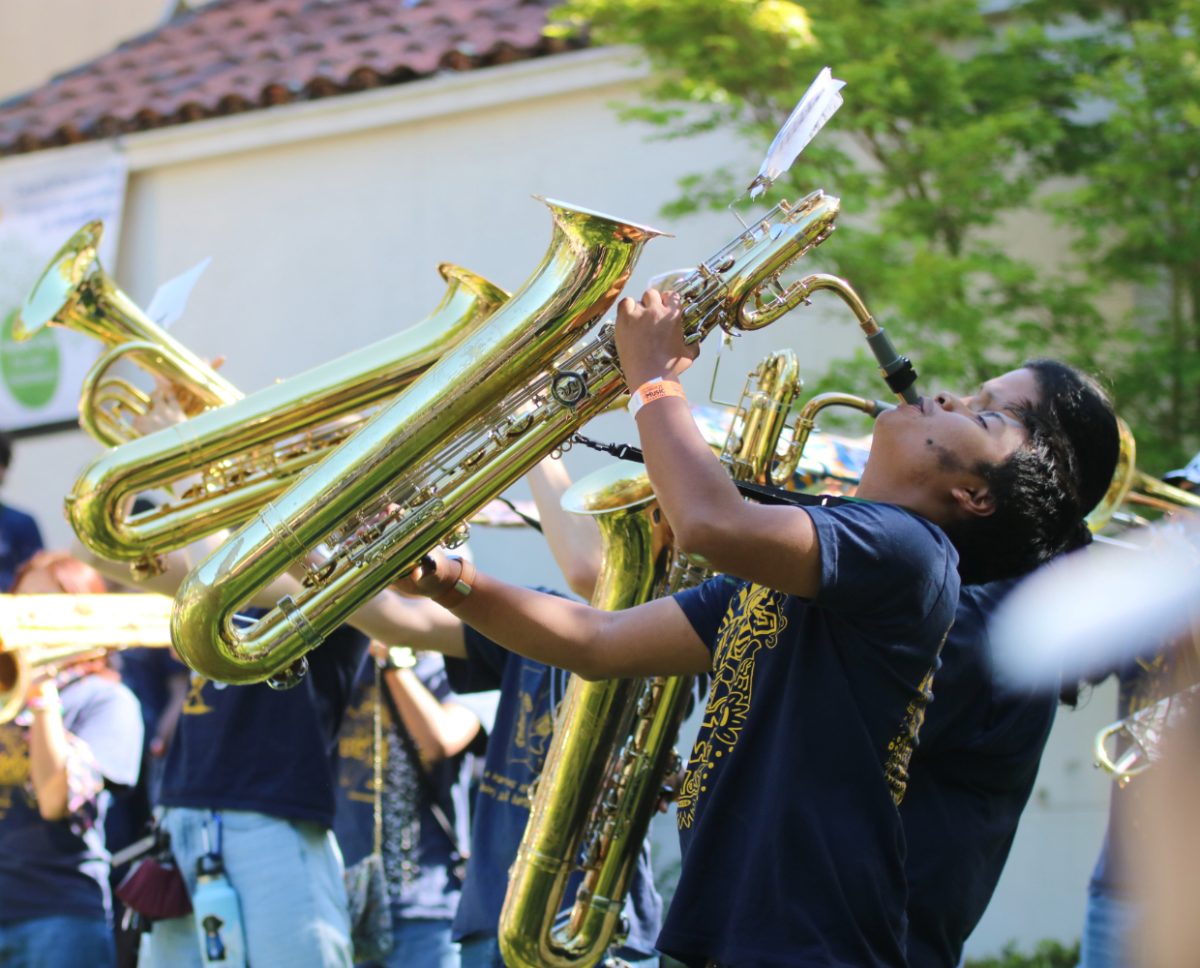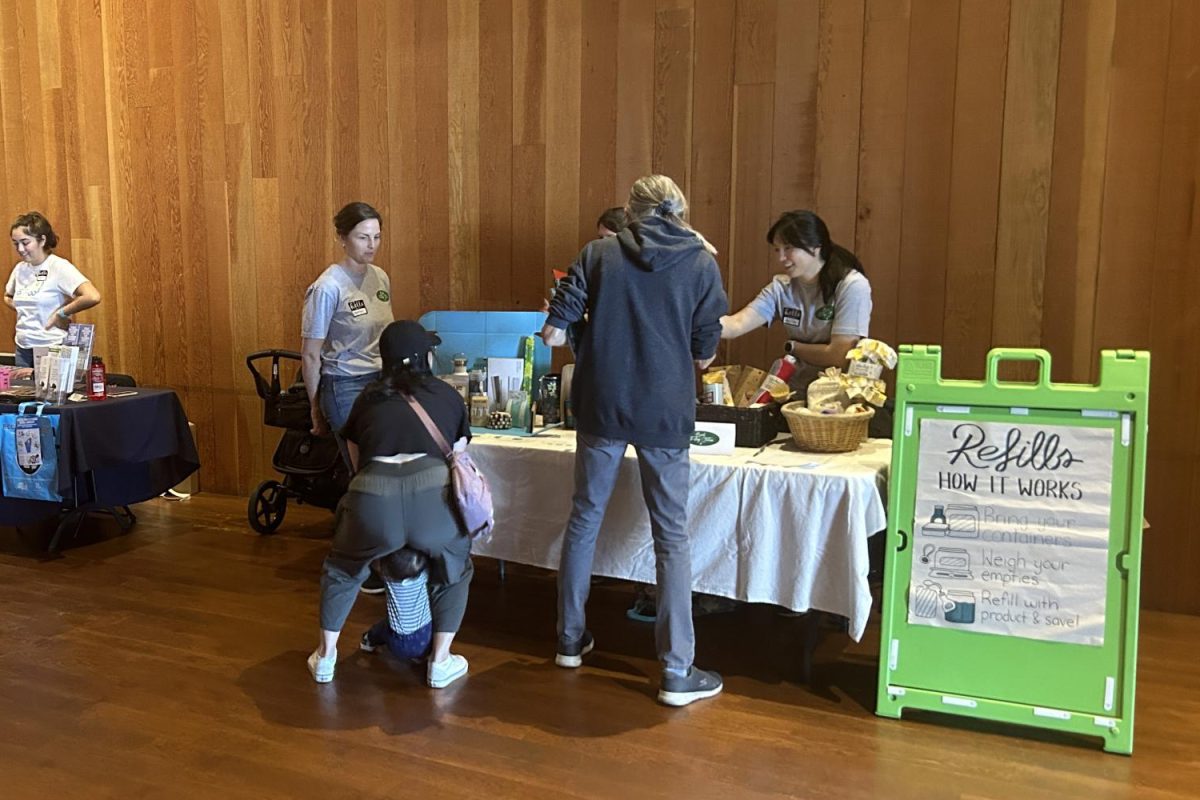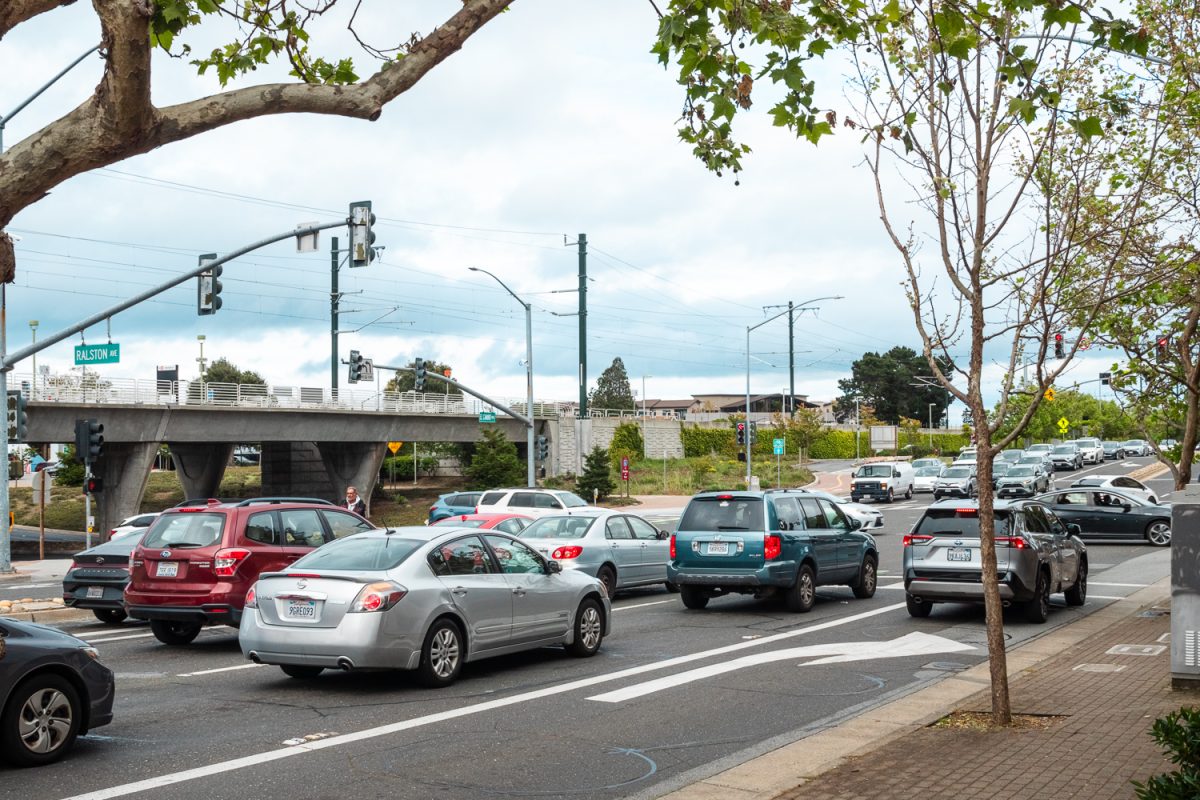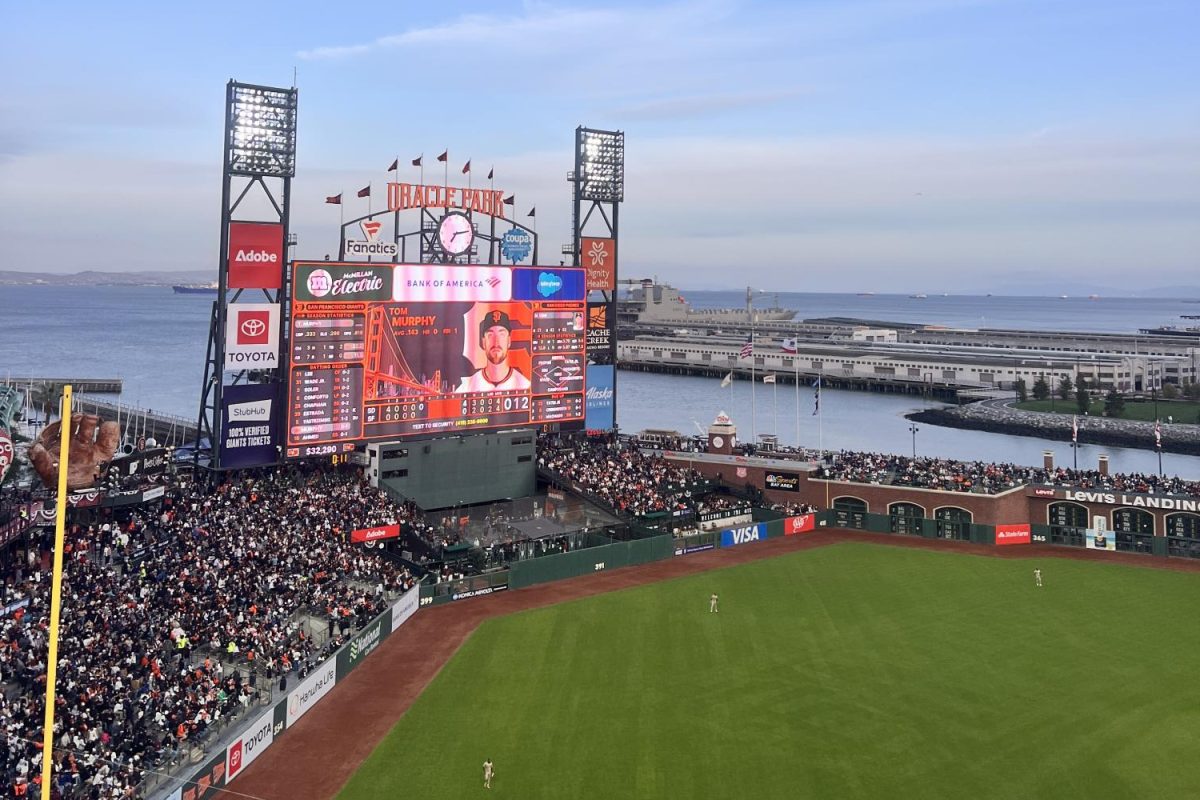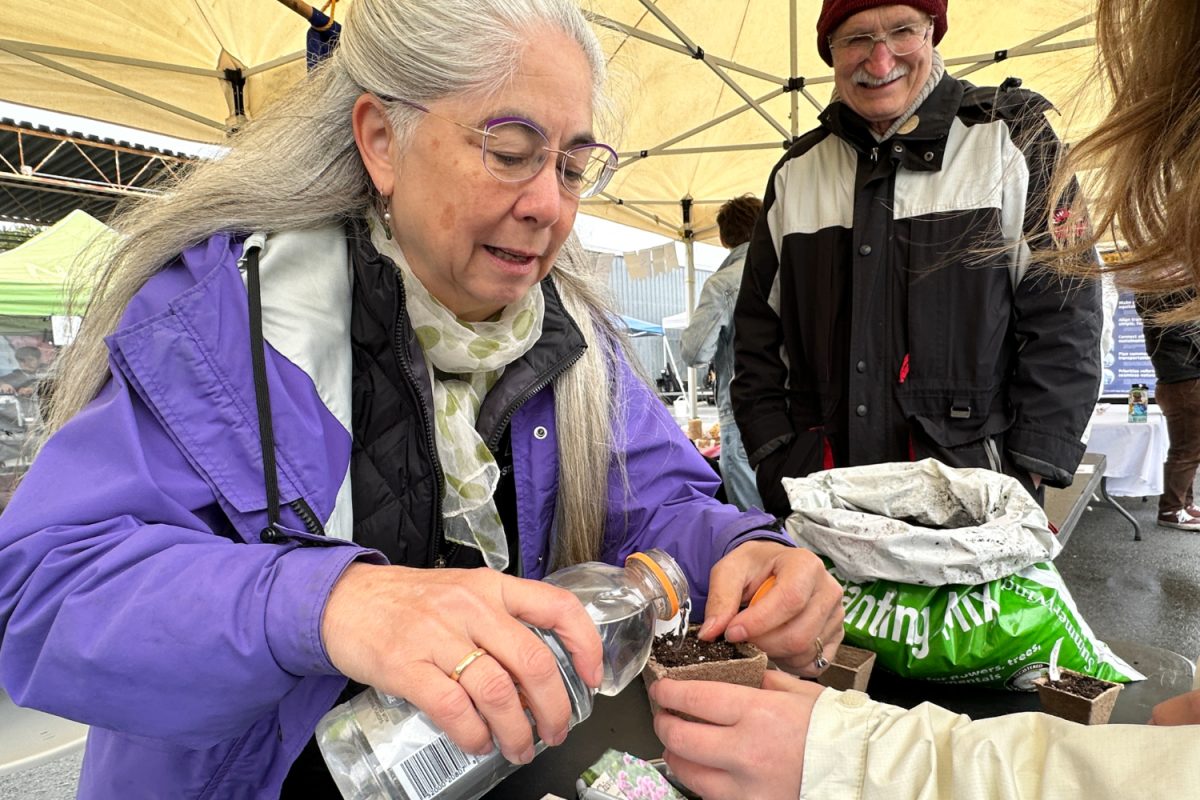Whilst society often focuses on climate change’s global and large-scale impacts, we overlook issues that are immediately relevant to us, like the local harm to native Bay Area wildlife.
As such, Aquarium of the Bay, located in San Francisco and home to over 24,000 local marine animals, is working to make a difference in local climate adaptability and marine conservation.
“Some of our goals are to educate the public on climate resilience,” said Richard Arauz, the volunteer coordinator at the Aquarium of the Bay. “Mainly, we make sure that people know what climate change is and how it affects our animals in the Bay Area.”
For example, as a result of global warming, water temperatures in the San Francisco Bay have risen, causing harm to certain animal populations.
“Changes in water temperature can affect nutrient composition, which would impact food sources,” said Connor Price, an education supervisor.
In addition, the Aquarium of the Bay has developed an education program led by Doug Apple and Mayra Rivas, the manager of education and the education assistant manager, respectively.
“We have 10 programs that are either for the public or K-12 schools that address the aquarium’s five critical issues: flowing freshwater, Marine Protected Areas (MPAs), climate change, marine debris and plastics, and sustainable seafood,” Rivas said.
The educational program works to increase visitors’ awareness of their harmful contributions and how to work to prevent further impacts.
“We play an important part in spreading awareness of the issues in an objective manner,” Price said. “We bring awareness to various challenges, which organisms may be impacted, and the specific ways people can help.”
Furthermore, the aquarium frequently organizes and hosts events for the community to support marine conservation.
“We do beach and wharf area cleanups,” Rivas said. “We have also partnered with local organizations on various projects.”
However, efforts at marine conservation are not limited to San Francisco institutions—likewise, Carlmont clubs work to spread awareness.
“Mission Marine impacts marine conservation primarily by participating in beach cleanups,” said Jane Yoon, the Event Coordinator for the Mission Marine Club. “Our club brings students together to pick up litter and create spotless beaches.”
Overall, the club’s events and meetings are led with its goals and mission in mind.
“Mission Marine’s primary goal is to create a clean environment and spread awareness about marine conservation,” Yoon said. “To inform Carlmont students about declining aquatic health, Mission Marine organizes accessible events stressing the need for environmental action.”
To inform Carlmont students about declining aquatic health, Mission Marine organizes accessible events stressing the need for environmental action.
— Jane Yoon
The club also works to improve campus cleanliness.
“Mission Marine also does school cleanups,” Yoon said. “An easy way to better our communities is to pick up trash around school and get into the habit of cleaning up after yourself.”
Above all, it’s important to remember and acknowledge that climate change’s effects are immediately relevant to society, as opposed to distant issues.
“We all have an impact on things that surround us and a responsibility to preserve things for the future,” Price said.

